A radiant smile and robust dental health are not just about brushing and flossing. What you put on your plate is just as crucial. The secret to healthy teeth and gums lies in the vitamins and supplements you consume. These nutrients are the building blocks that fortify your oral health from the inside out, helping to prevent a myriad of dental issues.
Here is a list of the top 13 supplements and vitamins that are essential for maintaining a healthy smile and why they deserve a spot in your daily routine:
1. Calcium: The Cornerstone of Dental Health

Calcium isn’t just for strong bones—it’s the foundation of strong teeth as well. This mineral makes up a large part of our teeth and bones, and it’s vital for maintaining the integrity of our tooth enamel, which is the hard outer shell that protects against decay.
- How to Get More: Incorporate milk, cheese, yogurt, and leafy greens like kale, spinach, and almonds into your diet.
- Considerations: Balance calcium with magnesium and vitamin D for optimal absorption and utilization.
2. Vitamin D: The Sunshine Vitamin
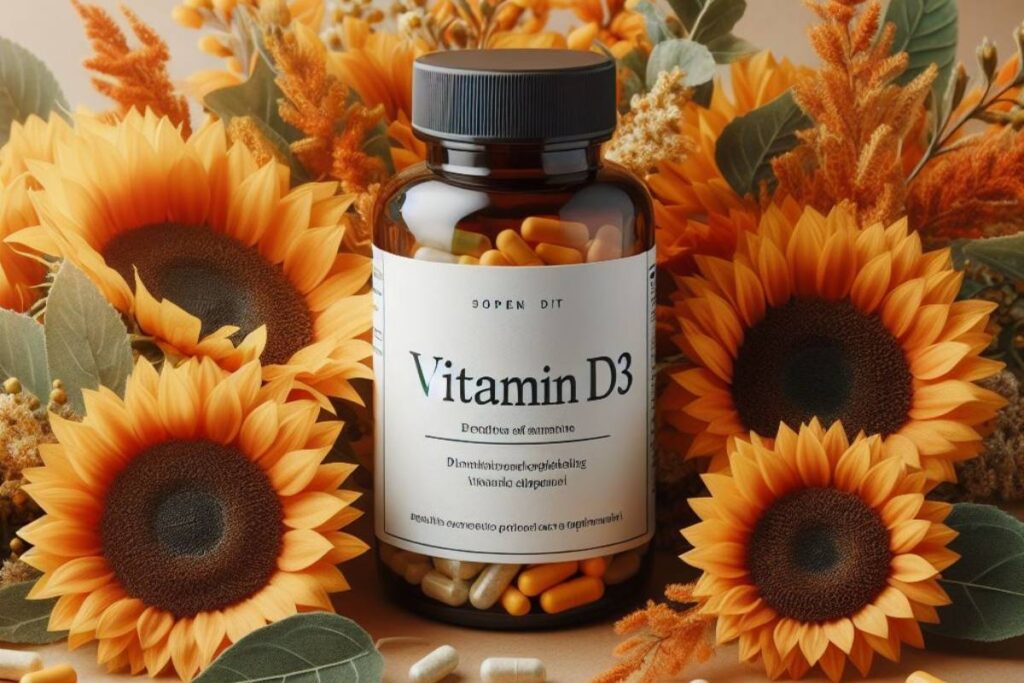
Vitamin D is often called the “sunshine vitamin” because our bodies produce it in response to sunlight. It’s essential for calcium absorption, making it a critical player in bone and tooth health.
- How to Get More: Spend time outdoors for natural sunlight exposure, and eat vitamin D-rich foods like salmon, fortified milk, and egg yolks.
- Considerations: In regions with less sunlight, consider supplementation, especially during winter months.
3. Vitamin C: The Gum Protector
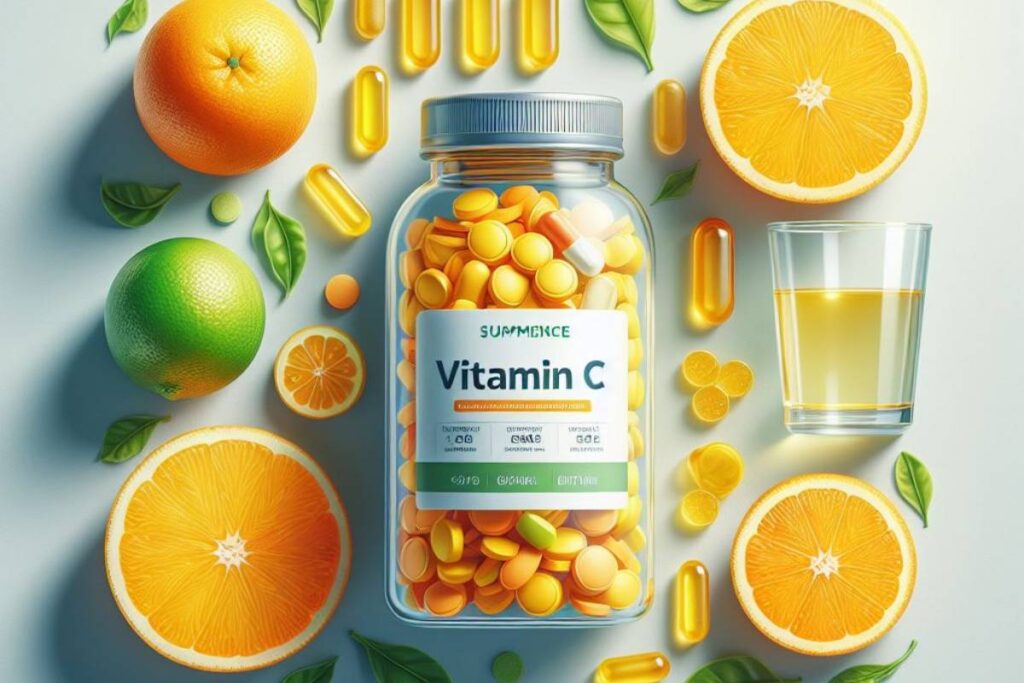
Vitamin C is a powerhouse when it comes to healing and protecting your gums. It’s a key component in collagen production, which is necessary for healthy gums and to prevent periodontal disease.
- How to Get More: Enjoy a variety of fruits and vegetables, such as oranges, strawberries, bell peppers, and broccoli.
- Considerations: Since vitamin C is water-soluble, it’s important to consume it daily.
4. Phosphorus: The Enamel Enhancer
Phosphorus plays a significant role in dental health by working with calcium to create strong teeth and bones. It’s a vital part of the process that hardens and protects tooth enamel.
- How to Get More: Include sources like poultry, fish, dairy, and whole grains in your meals.
- Considerations: Most people get enough phosphorus, but it’s important to maintain a balance of calcium and vitamin D.
5. Vitamin A: The Moisture Maintainer
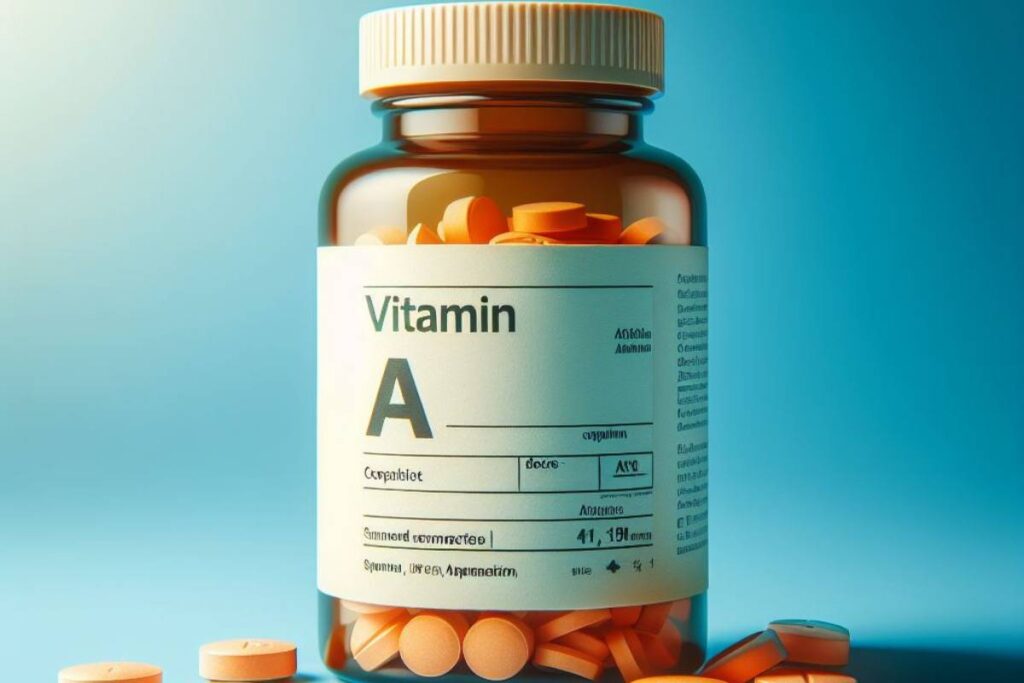
Vitamin A is crucial for maintaining mucous membranes in the mouth and ensuring adequate saliva production, which helps wash away food particles and bacteria.
- How to Get More: Look to orange-colored fruits and vegetables, such as carrots and sweet potatoes, as well as leafy greens and fish.
- Considerations: Excessive intake can be toxic, so stick to recommended amounts.
6. Vitamin K: The Healing Helper
Vitamin K is essential for the process of blood clotting and also plays a role in bone metabolism. It can help with the remineralization of teeth, a natural process where minerals are redeposited in tooth enamel after being removed by acids.
- How to Get More: Eat plenty of green leafy vegetables like kale, spinach, and broccoli.
- Considerations: If you are on blood thinners, consult with your doctor before increasing vitamin K intake.
7. Omega-3 Fatty Acids: The Inflammation Fighter
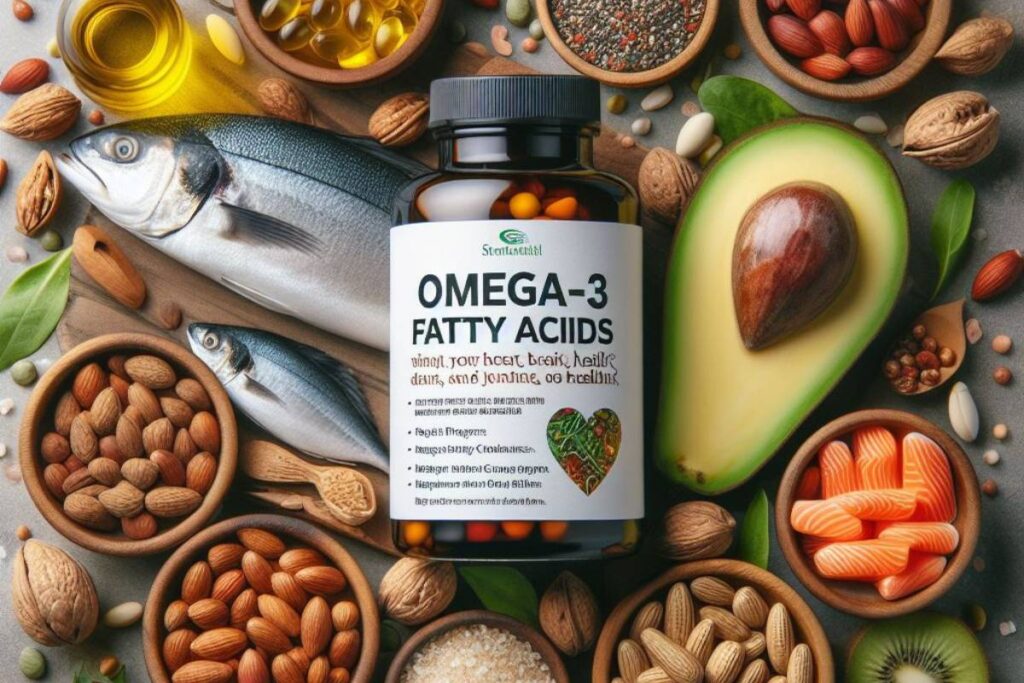
Omega-3s are known for their anti-inflammatory properties, which can be beneficial for those suffering from gum disease. They help to reduce inflammation throughout the body, including in the gums.
- How to Get More: Fatty fish like salmon, mackerel, and sardines are excellent sources, as are flaxseeds and walnuts.
- Considerations: For those who don’t consume fish, algae-based supplements are a good alternative.
8. Vitamin B Complex: The Oral Health Multitasker
The B vitamins, especially folic acid, have been shown to help prevent gum disease and maintain oral health. They play a role in cell growth and division, which is important for healthy mouth tissue.
- How to Get More: Whole grains, avocados, and legumes are great sources of B vitamins.
- Considerations: B12 is especially important for those following a vegetarian or vegan diet, as it’s primarily found in animal products.
9. Magnesium: The Enamel’s Partner

Magnesium works in concert with calcium to ensure strong enamel and overall tooth health. It’s also important for the proper function of hundreds of enzymatic processes within the body.
- How to Get More: Nuts, seeds, whole grains, and dark chocolate are rich in magnesium.
- Considerations: Too much magnesium can lead to digestive issues, so moderation is key.
10. Zinc: The Oral Immune Booster
Zinc plays a crucial role in wound healing and immune function, which can help fight bacteria that cause bad breath and gum disease.
- How to Get More: Meat, shellfish, and legumes are excellent sources of zinc.
- Considerations: Zinc can interact with certain medications, so it’s important to discuss supplementation with your healthcare provider.
11. Probiotics: The Oral Microbiome Balancers
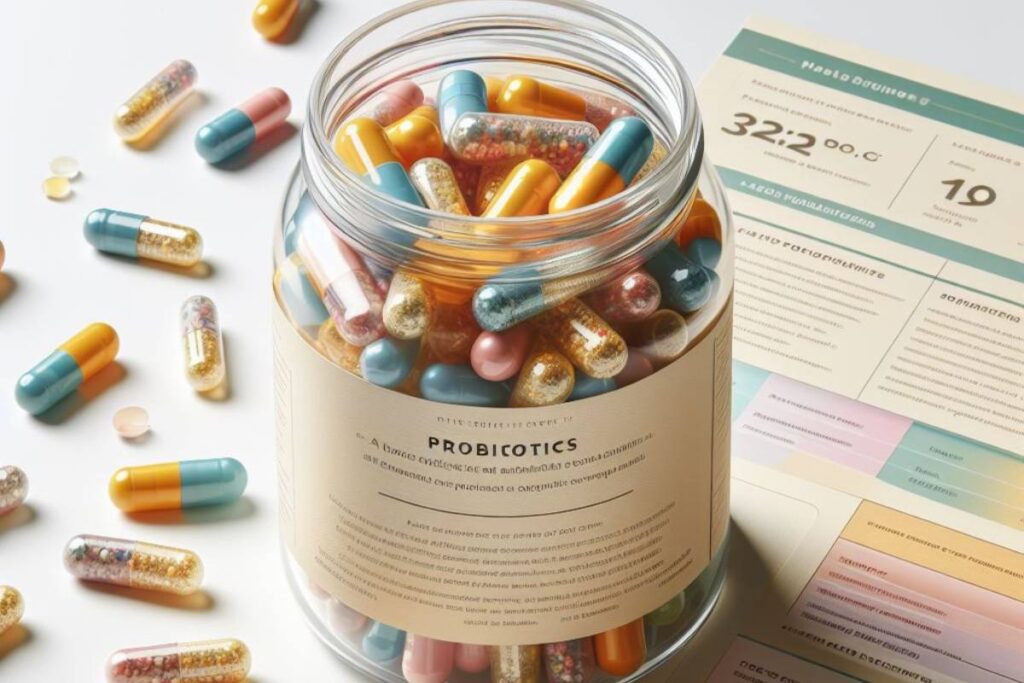
Probiotics are beneficial bacteria that contribute to a healthy oral microbiome. They can help in the battle against harmful bacteria that lead to tooth decay and gum disease.
- How to Get More: Yogurt, kefir, sauerkraut, and other fermented foods are natural sources of probiotics.
- Considerations: Choose products with live cultures and without added sugars that can negate the benefits for oral health.
12. Coenzyme Q10 (CoQ10): The Gum Guardian
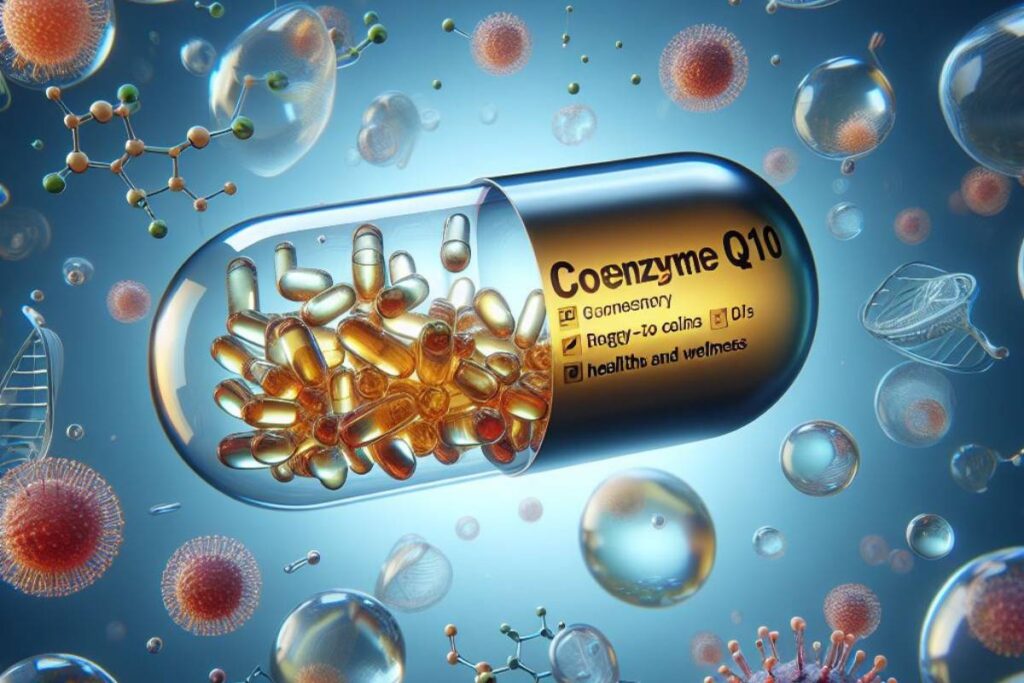
CoQ10 has shown promise in supporting gum health and healing. It’s an antioxidant that helps cells produce energy and may aid in reducing inflammation in periodontal disease.
- How to Get More: Organ meats, fatty fish, and whole grains are good sources of CoQ10.
- Considerations: As we age, our bodies produce less CoQ10, so supplementation may be beneficial for older adults.
13. Melatonin: The Antioxidant for Oral Care
While melatonin is commonly known for regulating sleep, it also possesses antioxidant properties that may support oral health, potentially aiding in the healing of oral tissue.
- How to Get More: While the body naturally produces melatonin, cherries, nuts, and seeds can provide dietary sources.
- Considerations: Melatonin supplements should be used with caution, as they can affect sleep patterns and interact with various medications.
The Importance of a Holistic Approach to Oral Health

While focusing on diet and supplementation is crucial, it’s just one piece of the oral health puzzle. A holistic approach that combines good nutrition with regular dental hygiene practices and professional care is essential for maintaining optimal oral health.
- Regular Dental Check-ups: Visiting your dentist at least twice a year for cleanings and check-ups can help catch and address any issues early on.
- Daily Oral Hygiene: Brushing twice a day with fluoride toothpaste, flossing daily, and using an antimicrobial mouthwash can significantly reduce the risk of oral health problems.
- Mindful Eating: Beyond focusing on vitamins and minerals, being mindful of your overall diet—limiting sugary snacks and acidic drinks—can help prevent tooth decay and erosion.
Frequently Asked Questions
Can supplements alone ensure oral health?
While supplements can aid in oral health, they should complement, not replace, good dental hygiene practices and regular dental check-ups.
How quickly can I see improvements in my oral health with these supplements?
Improvements can vary based on individual health conditions and consistency in taking supplements. Some may notice changes in a few weeks, while for others, it may take longer.
What vitamins are good for teeth and gums?
Does vitamin D or C help gums?
Yes, both Vitamin D and Vitamin C help gums. Vitamin D may boost gum health by increasing the body’s antibacterial defense systems and reducing inflammation in the gums. Vitamin C is essential for the production of collagen, a vital part of the gums, and its deficiency can result in inflamed, bleeding, and painful gums
Is vitamin B12 good for your gums?
How do I make my gums and teeth stronger?
To make your gums and teeth stronger, ensure a diet rich in essential vitamins and minerals, particularly calcium, phosphorus, and vitamins A, C, D, and K. Regular dental hygiene practices such as brushing, flossing, and professional cleanings are also crucial. Additionally, managing factors like hydration, avoiding harmful habits like smoking, and addressing any underlying health issues can contribute to stronger teeth and gums.
Conclusion
Throughout our comprehensive guide, we’ve explored the pivotal role that vitamins and supplements play in maintaining the health of your teeth and gums. From the foundational importance of calcium and phosphorus in building strong tooth enamel to the critical roles of vitamins D and C in calcium absorption and gum health, it’s clear that proper nutrition is a cornerstone of oral wellness.
Key Takeaways:
- Calcium and phosphorus are essential for strong teeth.
- Vitamin D aids in the absorption of calcium, promoting bone health.
- Vitamin C supports gum health and collagen production.
- Omega-3 fatty acids, probiotics, and CoQ10 offer additional support for a healthy oral environment.
Adopting healthy eating habits and supplementing your diet with these key vitamins and minerals can significantly contribute to preventing tooth decay and gum disease. However, it’s crucial to remember that these measures complement, not replace, regular dental visits and thorough oral hygiene practices.
